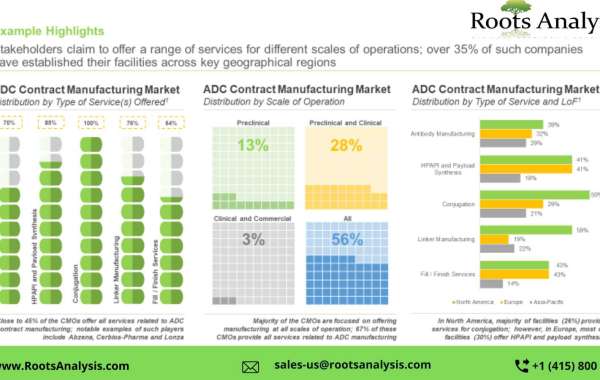In the fast-paced evolution of urban landscapes, cities around the world are grappling with multifaceted challenges. Gurgaon, a bustling metropolis in India, has emerged as a beacon of innovation in addressing urban issues through the strategic implementation of data-driven governance.
Gurgaon's Data Analytics Revolution
Unlocking Insights for Efficient Governance
Gurgaon's journey towards data-driven governance is marked by a strategic integration of data analytics into various aspects of city management. From traffic management to waste disposal, the city has embraced a forward-thinking approach, leveraging the power of data to make informed decisions.
Navigating the Urban Jungle: Traffic Management
Optimizing Commutes Through Data Analytics
One of the primary challenges in any urban environment is traffic congestion. Gurgaon has employed data analytics to monitor and analyze traffic patterns, enabling authorities to optimize traffic signal timings, identify congestion-prone areas, and implement real-time solutions. This not only reduces commute times but also contributes to a more sustainable and eco-friendly transportation system.
Waste Management: A Data-Backed Approach
Efficiency in Waste Disposal and Recycling
Effective waste management is a key concern for burgeoning cities. Gurgaon's data-driven governance model includes tracking waste generation patterns, optimizing collection routes, and identifying opportunities for recycling. By utilizing data analytics, the city has not only enhanced the efficiency of waste disposal but has also taken significant strides towards environmental sustainability.
Data-Backed Urban Planning: Smart Infrastructure
Shaping the Cityscape Through Informed Decisions
Urban planning in Gurgaon has entered a new era with data-driven insights shaping infrastructure development. By analyzing demographic trends, usage patterns, and environmental impacts, authorities can make informed decisions about the construction of new facilities, parks, and public spaces. This ensures that the city grows in a sustainable and inclusive manner.
Public Safety Reinvented: Predictive Policing
Anticipating and Preventing Crime
Gurgaon's data-driven governance extends to ensuring public safety. The city employs predictive policing, a method that utilizes historical crime data and real-time information to anticipate potential criminal activities. This proactive approach allows law enforcement agencies to deploy resources effectively, reducing crime rates and ensuring a safer living environment.
Gurgaon's Data Analytics Ecosystem
Fostering Innovation and Collaboration
Integral to Gurgaon's success in data-driven governance is the robust data analytics ecosystem that has evolved within the city. A multitude of businesses, startups, and educational institutions actively contribute to this ecosystem, driving innovation and sharing insights that further enhance the city's governance strategies.
A Visionary Path Forward with Gyansetu
Empowering Gurgaon's Future through Data-Driven Governance
In conclusion, Gurgaon's embrace of data-driven governance has positioned it as a trailblazer in urban innovation. The city's proactive use of data analytics to tackle challenges sets a precedent for other urban centers worldwide. As we navigate the complexities of modern urban life, it is clear that data-driven governance is not just a solution but a visionary path forward.
At the forefront of imparting data analytics skills to professionals and enthusiasts alike is Gyansetu. As a leading institution, Gyansetu plays a pivotal role in shaping the data analytics landscape in Gurgaon and beyond. Together with the city's commitment to data-driven governance, Gyansetu is contributing to a future where urban challenges are not obstacles but opportunities for innovation and growth. Join Gyansetu in the journey towards Solving Urban Challenges: Gurgaon's Data-Driven Governance.










